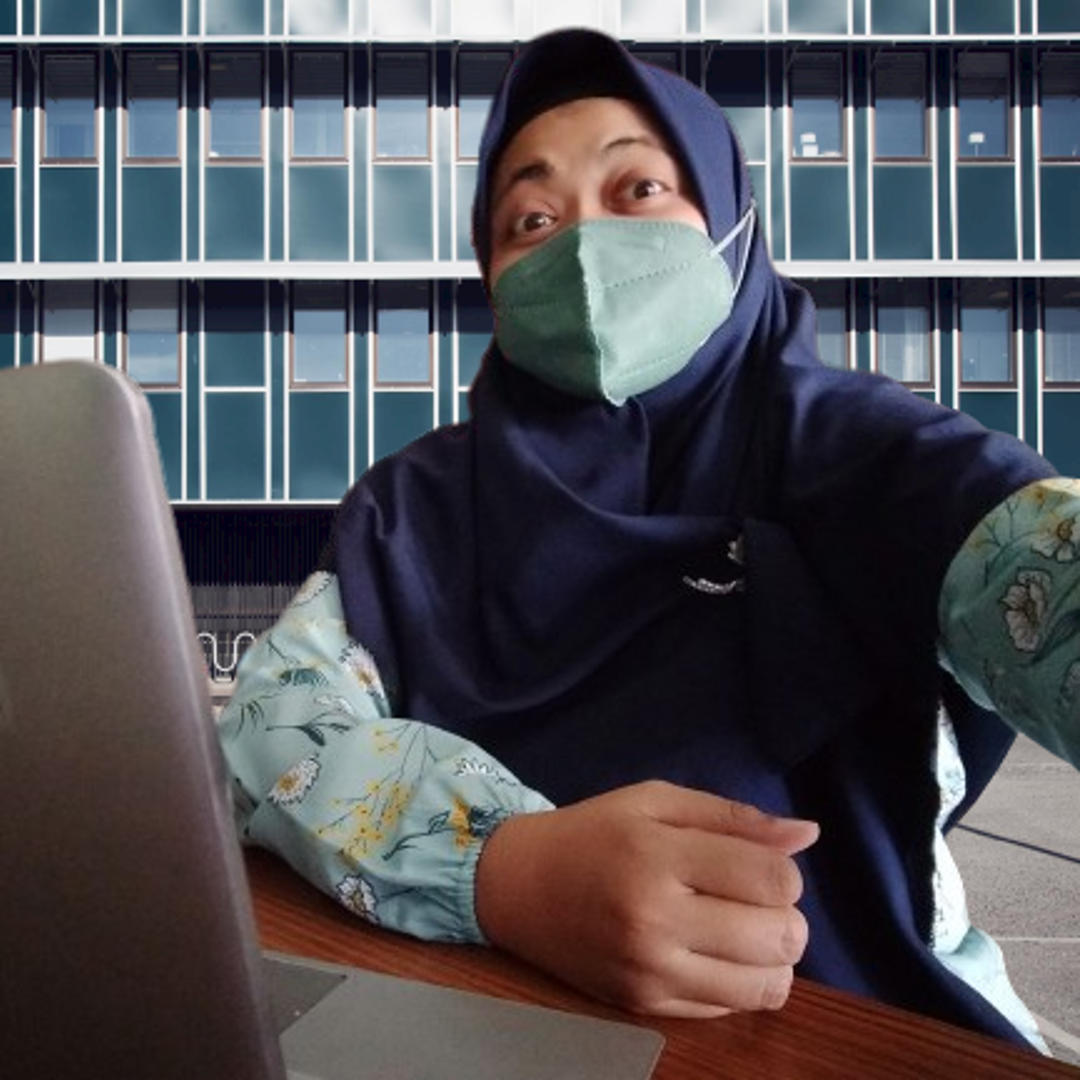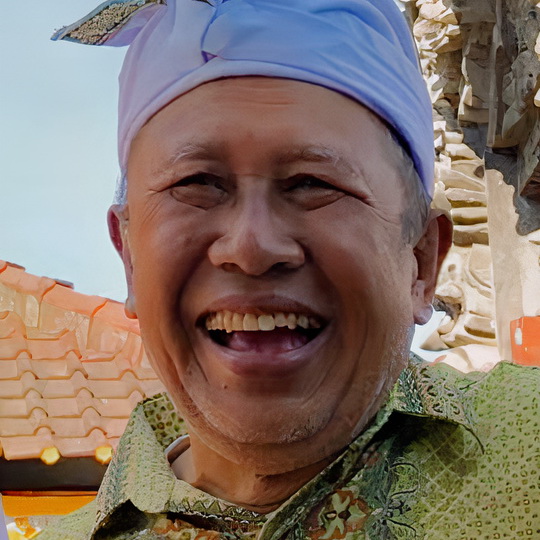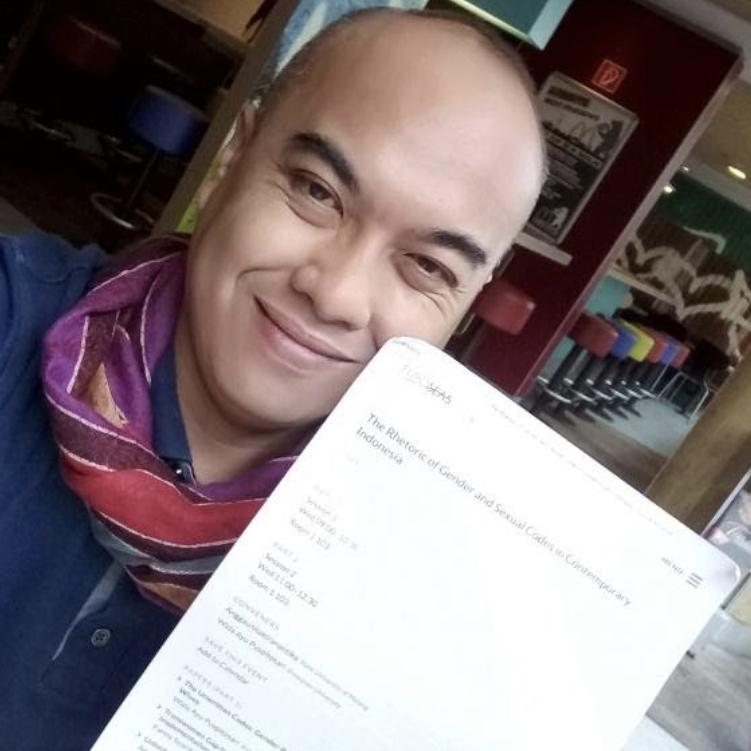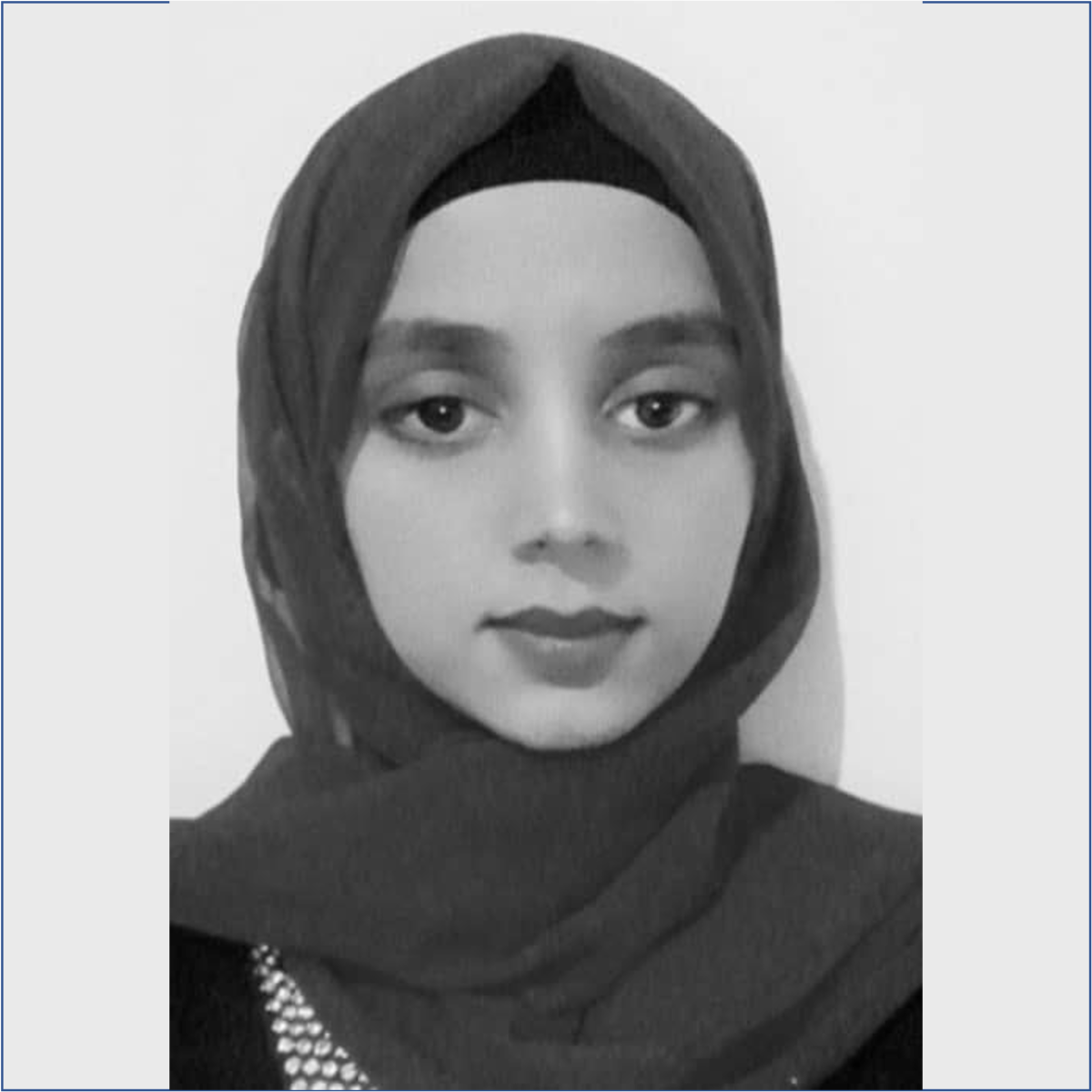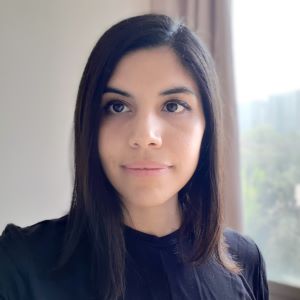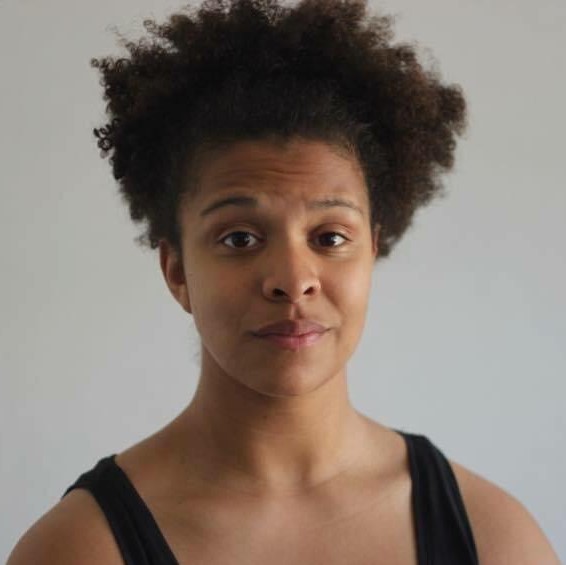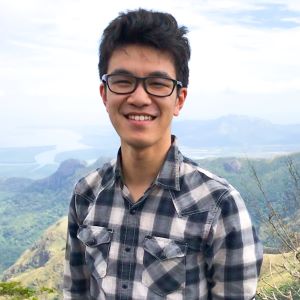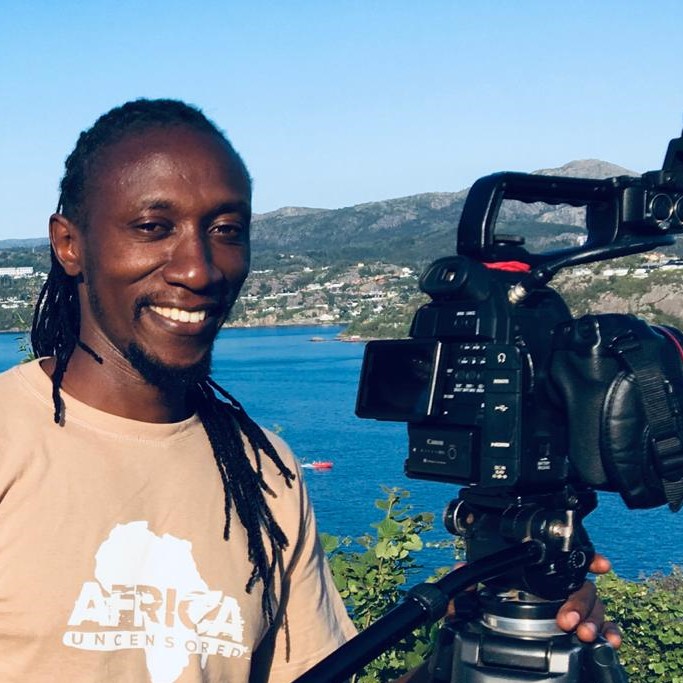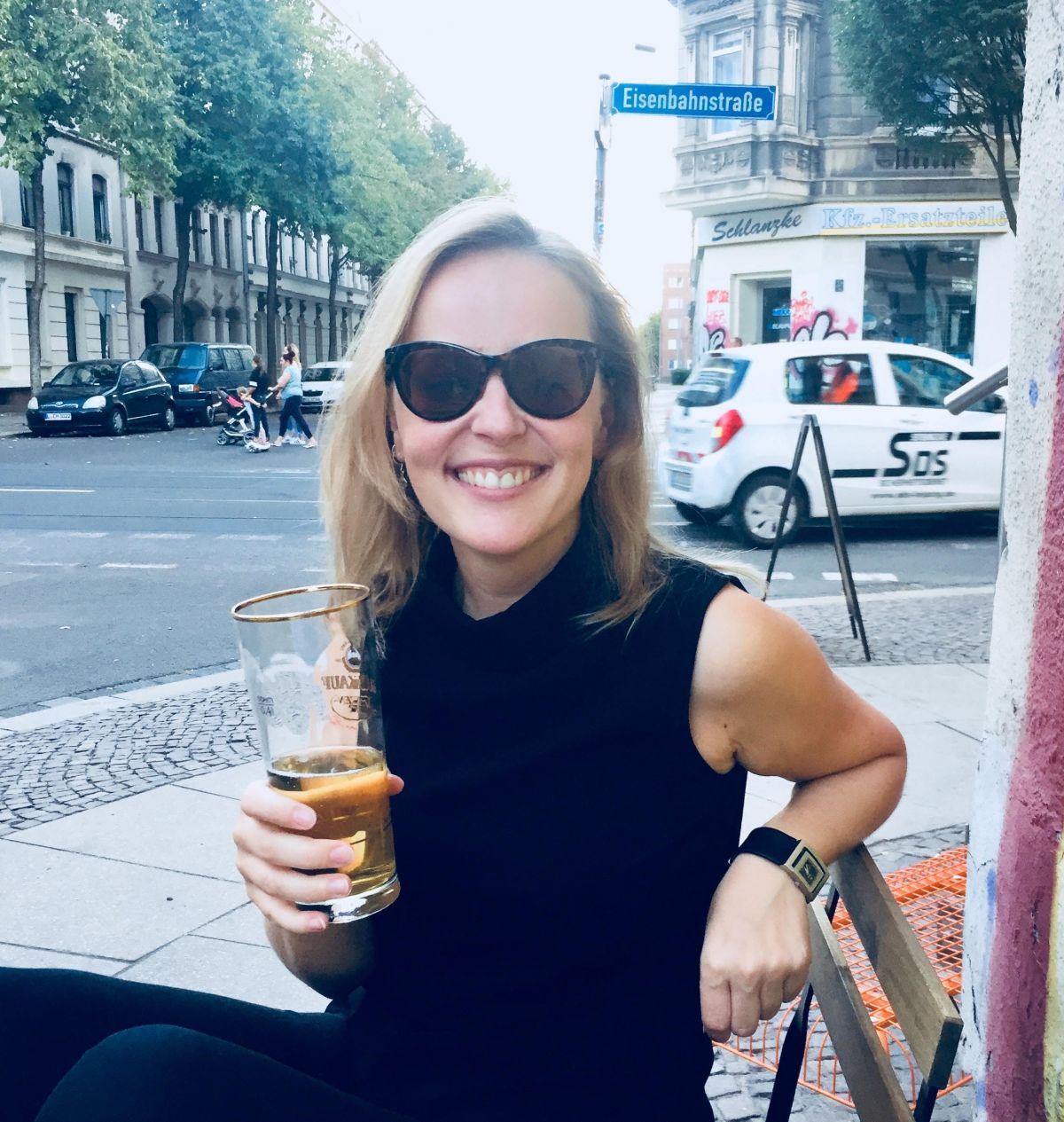Celebrating Ahmadiyya: Love, Humanity, and the Challenge to Religious Freedom in Indonesia
Rahma, raised in the Ahmadi Muslim community in Indonesia, shares her personal journey intertwined with the remarkable story of Ahmadiyya Jama’at. Discover her unique perspective on the organization's enduring commitment to love, humanity, and religious freedom in Indonesia, encapsulated by their motto, 'Love for all, hatred for none.'
Indonesia,
Story by Rahma Roshadi. Edited by Maria Grazia Calarco
Published on October 7, 2023.
Reading time: 3 minutes
Ahmadiyya's Impact on Indonesia
Ahmadiyya Jama’at, an Islamic organization, has been a part of Indonesia since 1925. Over the years, it has spread its presence from the west to the east, establishing itself in more than 400 locations across the country. I come from an Ahmadi Muslim family -- although my father was not from an Ahmadi family and chose to join the organization after meeting my mother, as in our congregation marriage is only allowed between members of the community. One of the things my family has always taught me is to love everyone and not to hate anyone, according to our congregation’s motto: “Love for all, hatred for none.”
Ahmadiyya doesn't just preach love; it practices it in society. The community's focus extends beyond theology to social and humanitarian sectors. Ahmadi members actively participate in eye and blood donation campaigns, establish affordable educational institutions, and provide humanitarian aid in disaster-stricken areas. It's astonishing, given their contributions, that Ahmadiyya still faces persecution and discriminatory government regulations.
Living in a West Java village for the past three years, I've witnessed firsthand the dedication of my fellow Ahmadi villagers. They are potential eye donors, accounting for 90% of prospective eye donors in Indonesia, according to Eye Bank data. While eye donation remains a taboo for many, these villagers selflessly offer their eyes for the greater good. As one villager put it, "At least when I die, there will still be something useful from me." Moreover, our village hosts low-cost or even free educational institutions, ensuring that the next generation receives quality education up to high school level. This is our way of investing in the future.
Speaking of Ahmadiyya's non-structural organization, "Humanity First" deserves mention. This group is a consistent presence in disaster-stricken areas, delivering clean water to arid regions, renovating orphanages, and providing concrete humanitarian assistance.
Challenges to Freedom of Religion and Belief
Despite legal recognition as Islam, some groups still question Ahmadiyya's Islamic identity due to differences in interpretation. The Indonesian government granted legal status to the Ahmadiyya Congregation in 1953 through the ministry of Justice in 1953. However, rules issued by the government and other institutions are used as a means to legitimize acts of intolerance against Ahmadiyya. For example, the Three Ministers Joint Decree (SKB), issued in 2008, restricts the dissemination of Ahmadiyya. At the regional level, there is a regulation of the governor of West Java in 2011 which is used as a justification for sealing and even destroying Ahmadiyya mosques.
Indonesia is a nation that doesn't impose Islam as the state religion, and it's high time we embrace religious diversity as a strength rather than a source of division. In a world that often emphasizes differences, real strength emerges when we unite amid diversity.
How does this story make you feel?
Follow-up
Do you have any questions after reading this story? Do you want to follow-up on what you've just read? Get in touch with our team to learn more! Send an email to [email protected].
Talk about this Story
Please enable cookies to view the comments powered by Disqus.
Subscribe to our Monthly Newsletter
Stay up to date with new stories on Correspondents of the World by subscribing to our monthly newsletter:
Topic: Liberation
> Indonesia
The Balinese Genocide Through the Eyes of I Made Susantha Balian and his Granddaughter
A story by I Made Susantha Balian
10 min Long Read English Audio available
Veronica recently found out that her grandfather had witnessed a historical genocide in Bali, Indonesia, when he was a teenager. Her family encouraged her to interview him. This is his story. Read more...
> Indonesia
78th year of Indonesia’s Independence: Who Owns Independence and Who Misses Out?
A story by Fanny Syariful Alam
4 min
Ideally, our State Constitution will accommodate the rights and duties of all Indonesians as citizens. However, despite the Government’s symbolic ceremony of Independence Day, I feel sad to see that some religious minorities have clearly not enjoyed their independence in their worship. Read more...
> Afghanistan
Afghanistan, the cemetery of girls' dreams
A story by Effat Siawash
6 min
In times of devastating wars that left thousands of families homeless, women widows, children orphaned, I am an Afghan girl who wants to have a higher education in the field of journalism and to contribute positively to my community. In these pressing times, I have discovered poetry as a way for me to use my voice and make a difference in my community. Read more...
Explore other Topics
Get involved
At Correspondents of the World, we want to contribute to a better understanding of one another in a world that seems to get smaller by the day - but somehow neglects to bring people closer together as well. We think that one of the most frequent reasons for misunderstanding and unnecessarily heated debates is that we don't really understand how each of us is affected differently by global issues.
Our aim is to change that with every personal story we share.
Community Worldwide
Correspondents of the World is not just this website, but also a great community of people from all over the world. While face-to-face meetings are difficult at the moment, our Facebook Community Group is THE place to be to meet other people invested in Correspondents of the World. We are currently running a series of online-tea talks to get to know each other better.











